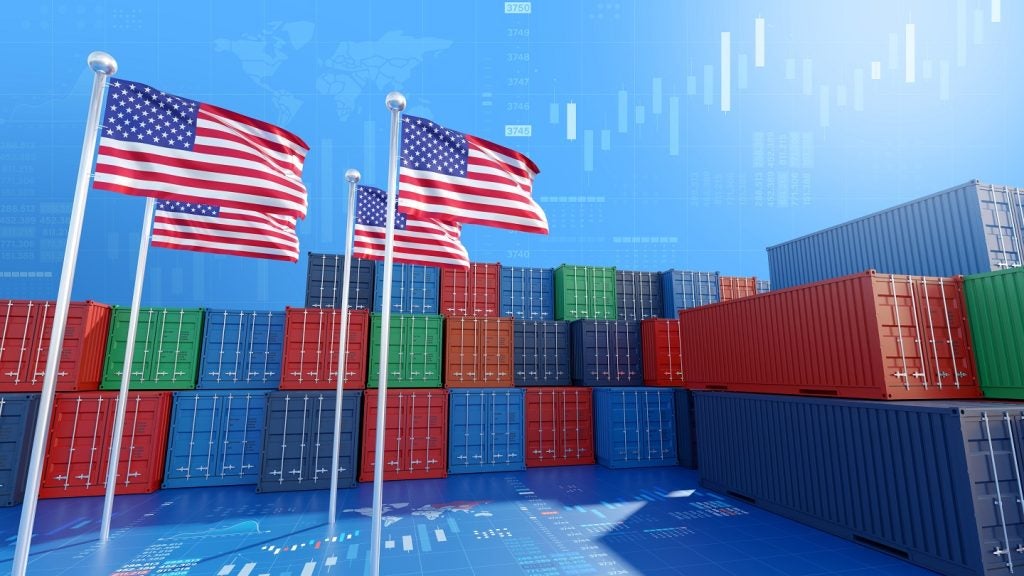This contract is expected to cement the preliminary consensus of a substantial 61.5% wage hike.
The appeal was made by Steve Lamar, president and CEO of AAFA, in the light of recent discussions between President-elect Donald Trump and ILA representatives regarding the future of US ports.
Trump expressed his support for the 85,000 ILA members, providing a significant boost as the union seeks to finalise a new Master Contract with USMX ahead of the 15 January 2025 deadline.
On 12 December, Trump met for two hours with Harold Daggett and Dennis Daggett of the ILA. The discussion centred on the ILA's ongoing contract negotiations with the USMX and concerns regarding automation's impact on employment.
Following the meeting, Trump shared a post from Dennis Daggett on his Truth Social page, indicating his backing for the ILA's stance and aligning himself with their opposition to automation and semi-automation at American ports.
Trump wrote: “There has been a lot of discussion having to do with ‘automation on United States docks.
“I’ve studied automation and know just about everything there is to know about it. The amount of money saved is nowhere near the distress, hurt and harm it causes for American Workers, in this case, our Longshoremen. Foreign companies have made a fortune in the US by giving them access to our markets. They shouldn’t be looking for every last penny knowing how many families are hurt.”
AAFA Steve Lamar stated: "We welcome President-elect Trump's commitment to strengthening United States ports and appreciate his efforts to meet with the International Longshoremen's Association (ILA) president Harold Daggett and executive vice president Dennis Daggett.
“This is a crucial time for the Longshoremen and the employers to negotiate a fair and equitable labour contract with the United States Maritime Alliance (USMX) for the East and Gulf Coast ports before the Master Contract expires 15 January. The Longshoremen serve as the front lines of our supply chains and are essential to our economy. We applaud their hard work."
The ILA has expressed its members' readiness to embrace progress, particularly in adopting technology that enhances efficiency while preserving jobs.
The existing contract permits semi-automation and ensures that technology will not result in job or hour losses. The semi-automation is essential for maintaining efficient and safe US ports, attracting new investments, creating additional longshoremen jobs, and driving economic growth in the US.
A potential strike could severely impact East and Gulf Coast ports, potentially diminishing US economic activity by an estimated $4.5bn to $7.5bn weekly. A three-day strike in October 2024 led to backlogs that persisted for more than a month.
These ports are critical channels for importing apparel, footwear, and travel goods, as well as exporting and importing other essential commodities ranging from pharmaceuticals to American agricultural products.
"A disruption would threaten millions of American jobs, including 3.5 million Americans directly employed by our industry, further raise prices for every hardworking American family already suffering under high inflation, and threaten the growth of the US economy itself," Lamar emphasised.
"We look forward to President-elect Trump's continued leadership on the East and Gulf Coast port labour negotiations to get a deal done before 15 January, so we avoid a major disruption to the American economy ahead of his inauguration on 20 January," he concluded.
Last month, the AAFA reached out to US President Joe Biden, requesting that the government enhance its efforts to secure global shipping routes in the Red Sea against Houthi threats.









